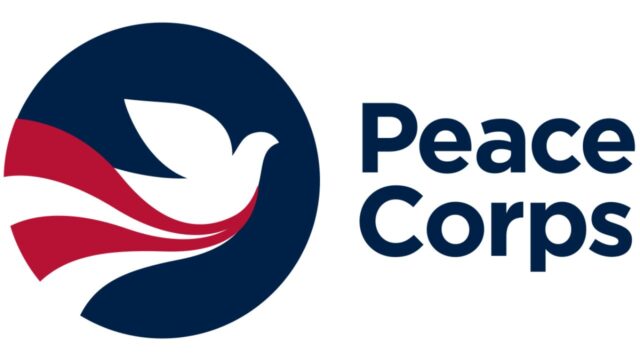
The Peace Corps is a US government organization that sends volunteers to work in developing countries around the world. While the idea of serving in the Peace Corps can be appealing to many, there are some reasons why you might want to think twice before joining. In this blog post, we will explore some of the potential drawbacks of joining the Peace Corps.
Safety Concerns
One of the biggest concerns for anyone considering joining the Peace Corps is safety. Volunteers are often sent to countries with high crime rates and political instability, and there have been instances where volunteers have been robbed, assaulted, or even killed while serving. While the Peace Corps does provide training to help volunteers stay safe, there is no guarantee that nothing will happen to you while serving.
Health Risks
In addition to safety concerns, there are also health risks associated with serving in the Peace Corps. Volunteers are often sent to countries where there are high rates of infectious diseases, and there have been instances where volunteers have contracted illnesses such as malaria, dengue fever, and Zika virus. While the Peace Corps does provide healthcare for its volunteers, it may not always be sufficient to address all of the health risks associated with serving.
Cultural Adjustment
Serving in the Peace Corps means living and working in a foreign culture. While this can be a rewarding and enriching experience, it can also be challenging. Volunteers may experience culture shock and homesickness, and may struggle to adapt to the local customs and way of life. Additionally, volunteers may face discrimination or prejudice due to their race, gender, or sexual orientation.
Limited Career Opportunities
While serving in the Peace Corps can be a great way to gain valuable experience and develop new skills, it may not always translate into career opportunities once you return home. Many employers may not value the experience gained through Peace Corps service, and volunteers may find it difficult to find meaningful employment once their service is complete.
Isolation and Loneliness
Serving in the Peace Corps can be a very isolating experience. Volunteers are often sent to remote areas where they may have limited access to communication with family and friends back home. Additionally, volunteers may find it difficult to make meaningful connections with locals due to language barriers or cultural differences.
Lack of Control Over Assignments
While the Peace Corps does try to match volunteers with assignments that suit their skills and interests, volunteers ultimately have little control over where they are sent and what they will be doing. This can be frustrating for some volunteers who may feel that they are not being utilized to their full potential.
Financial Constraints
Peace Corps volunteers receive a modest living allowance that is intended to cover their basic expenses while serving. While this may be sufficient for some volunteers, others may struggle to make ends meet. Additionally, volunteers may not have the financial resources to travel or pursue other interests while serving.
In conclusion, while serving in the Peace Corps can be a rewarding and life-changing experience, it is not without its drawbacks. Safety concerns, health risks, cultural adjustment, limited career opportunities, isolation and loneliness, lack of control over assignments, and financial constraints are all factors that potential volunteers should consider before committing to the program. Ultimately, the decision to join the Peace Corps should be made after careful consideration of these factors, as well as an honest assessment of one’s personal goals and priorities.


































